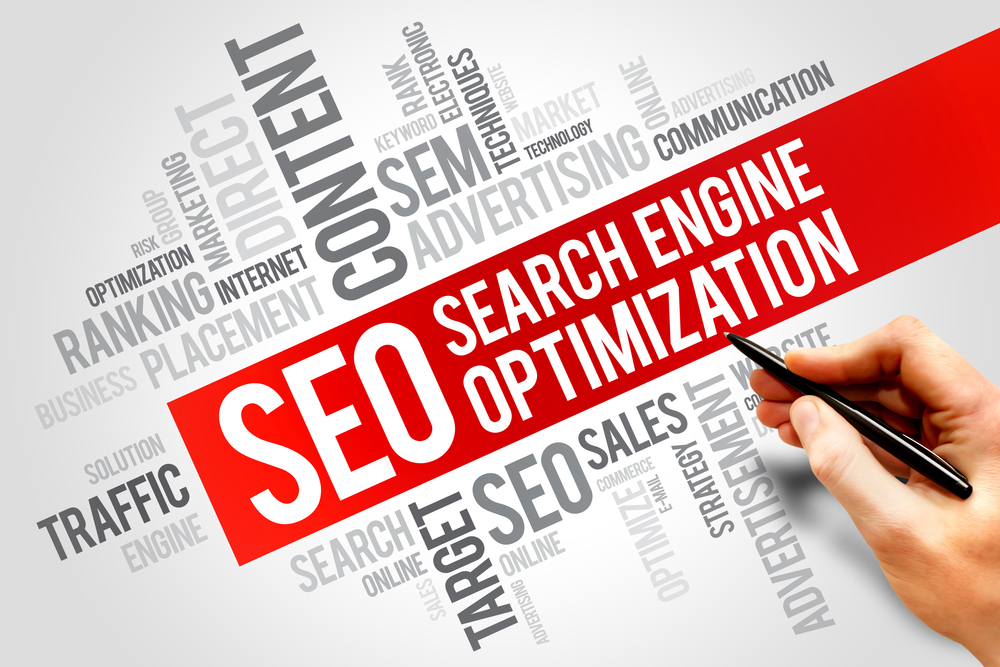
In today's digital world, having a website is just the beginning. In order to stand out from the crowd and attract organic traffic, you need to master the art of SEO and link building. Search Engine Optimization (SEO) is the process of optimizing your website so that it ranks higher on search engine result pages (SERPs). Link building, on the other hand, is the practice of acquiring high-quality backlinks to your website from other authoritative sources. In this article, we will explore some proven tips and tricks to help you maximize your website's visibility through effective SEO (search engine optimization) and link building strategies.
1. Perform extensive keyword research:Keywords are the foundation of any successful SEO/SEM strategy. By identifying the right keywords, you can optimize your website's content and attract relevant traffic. Use keyword research tools like Google Keyword Planner or SEMrush to discover keywords that have high search volume and low competition. Incorporate these keywords naturally into your website's content, headings, meta tags, and URLs to improve your organic visibility.
2. Create high-quality, relevant content:
Content is king in the world of SEO . Producing high-quality, informative, and engaging content not only attracts visitors but also encourages other websites to link back to your site. Develop a content strategy that focuses on providing value to your target audience. Write blog posts, articles, and guides that answer their questions, provide solutions, or offer unique insights. By consistently producing valuable content, you increase the chances of earning natural backlinks from other authoritative websites.
3. Optimize your website's on-page elements:
On-page optimization plays a crucial role in improving your website's visibility. Make sure to optimize the title tags, meta descriptions, and header tags of your web pages. Use descriptive and keyword-rich titles and meta descriptions to encourage users to click on your website in the search results. Additionally, include relevant keywords in your header tags (H1, H2, H3, etc.) to help search engines understand the structure and relevance of your content.
4. Implement a solid link building strategy:
Link building is a vital aspect of SEO (or SEM) that can significantly impact your website's visibility. Building high-quality backlinks helps search engines recognize your website's authority and relevancy. Start by identifying authoritative websites in your industry and reach out to them for collaboration opportunities or guest blogging. Offer valuable content and establish relationships to earn natural backlinks. Additionally, leverage social media platforms, business directories, and online communities to acquire even more backlinks.
5. Optimize your website's loading speed:
Website loading speed is a critical factor for search engine rankings. If your website takes too long to load, visitors are more likely to bounce back and search engines may penalize your site. Optimize your website's loading speed by compressing images, minifying CSS and JavaScript files, and leveraging browser caching. Regularly monitor your website's loading speed using tools like Google PageSpeed Insights or GTmetrix, and make necessary adjustments to provide a seamless browsing experience for your visitors.
6. Focus on mobile optimization:
With the increasing use of mobile devices, optimizing your website for mobile users is now more important than ever. Search engines prioritize mobile-friendly websites in their rankings. Ensure that your website is fully responsive and provides a smooth user experience across all devices. Test your website's mobile-friendliness using Google's Mobile-Friendly Test and make necessary improvements to enhance the mobile user experience.
Frequently Asked Questions:
Q1: How long does it take for SEO efforts to show results?A1: SEM/SEO is a long-term strategy that requires time and patience. While some improvements may be seen within a few weeks, significant results often take several months to materialize.
Q2: Are backlinks the only factor that affects search engine rankings?
A2: Backlinks are important, but they are not the only factor. Search engine algorithms consider several other factors, including content quality, user experience, website structure, and loading speed.
Q3: Can I do SEO on my own, or should I hire a professional?
A3: You can definitely do SEO on your own, especially with the help of various online resources and tools. However, hiring a professional SEO agency or consultant can provide expertise and save you time and effort.
Q4: Do social media signals impact SEO?
A4: While social media signals do not directly impact search engine rankings, they can indirectly influence SEO. Social media platforms provide an opportunity to share and promote your content, increasing its visibility and the likelihood of attracting backlinks.
Q5: Is it possible to recover from a Google penalty?
A5: Yes, it is possible to recover from a Google penalty. Identify the cause of the penalty, fix the issues, and submit a reconsideration request to Google. However, prevention is always better than cure, so it is important to follow SEO best practices to avoid penalties in the first place.
In conclusion, mastering the art of SEO and link building is essential for maximizing your website's visibility. By performing extensive keyword research, creating high-quality content, optimizing on-page elements, implementing a solid link building strategy, optimizing loading speed, and focusing on mobile, you can significantly improve your website's organic rankings and attract a targeted audience to your site. Stay consistent, adapt to changes in search engine algorithms, and monitor your progress regularly to achieve long-term success in the competitive digital landscape.
Other useful resources
- https://www.seoguru24.com/promote-website/
- https://www.seoguru24.com/services/